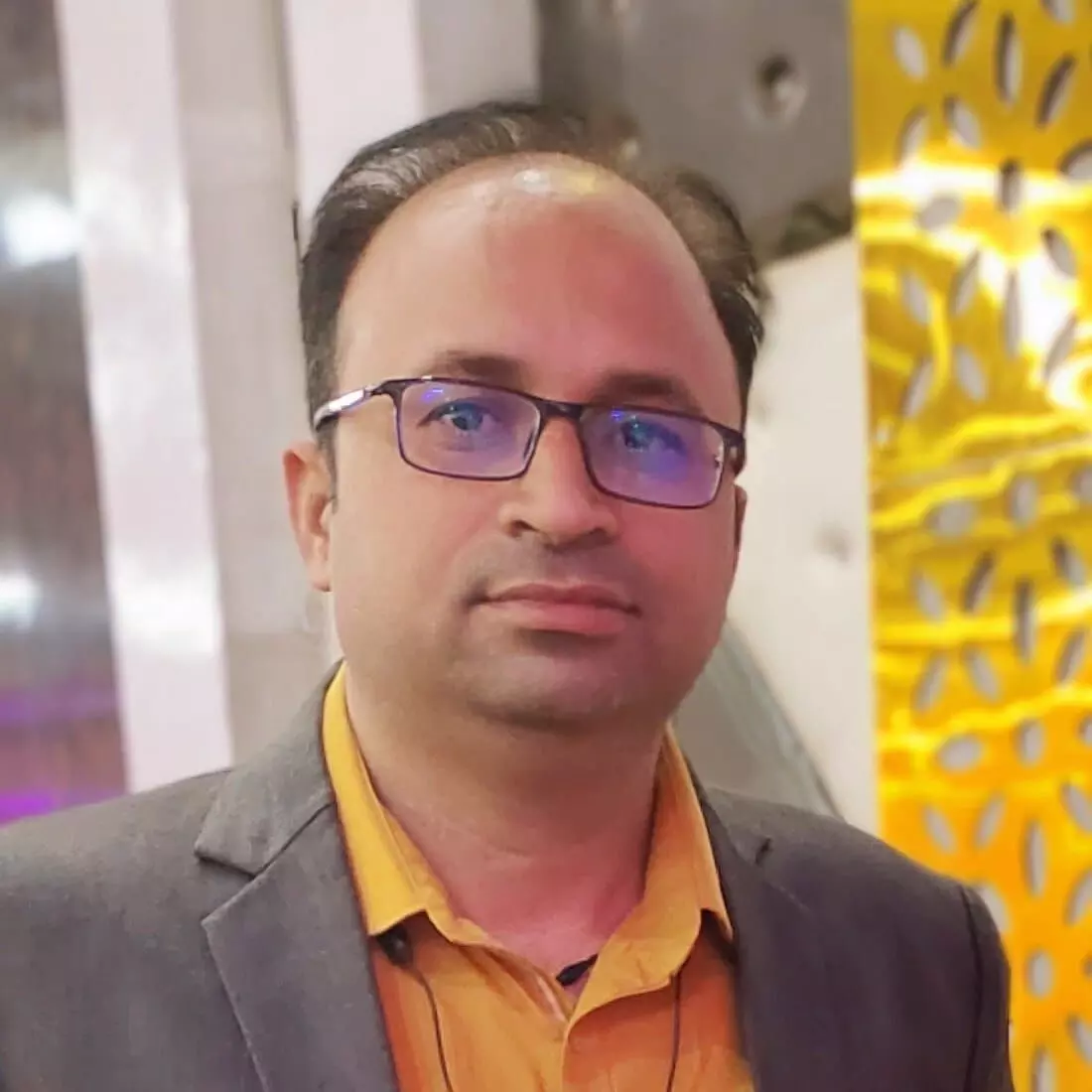Maharashtra’s Auto MSMEs Decode EV Components to Power Just Transition

As India accelerates its shift to electric mobility, understanding the new vehicle components has emerged as a key priority. On Tuesday, over 50 stakeholders from Maharashtra’s auto sector gathered in Chhatrapati Sambhajinagar to unpack a critical, yet often overlooked, elements of the transition: the Bill of Materials (BoM) for electric vehicles. The BoM refers to the comprehensive list of parts, components, and materials required to manufacture a vehicle.
Hosted by the Chamber of Marathwada Industries & Agriculture (CMIA), Marathwada Auto Cluster (MAC), MAGIC Business Incubator SME Accelerator, and Deogiri Electronics Cluster Pvt. Ltd. (DECPL), in collaboration with WRI India, the workshop offered hands-on demonstrations of EV components and explored how EV BoMs differ fundamentally from those of ICE vehicles.
Unlike ICEVs, EVs rely on fewer mechanical parts but more sophisticated electrical and electronic systems, particularly batteries, power electronics, and drive systems, altering both procurement and manufacturing strategies for suppliers. This shift demands new skills, infrastructure, and materials, particularly for MSMEs, which form the backbone of India’s auto component supply chain.
Narendra Estolkar, Joint Director at the Ministry of MSME, underscored the availability of central schemes aimed at supporting MSMEs through the EV transition, while emphasizing the need to align training and finance with BoM-related transformations.
“Understanding the Bill of Materials is foundational for MSMEs aiming to stay competitive in the EV era. Many firms remain unaware of what the transition entails at the component level. Bridging this gap is essential for business continuity and future growth,”said Vinayak Deolankar, proprietor of Manu Electricals and director at Deogiri Electronics Cluster Pvt Ltd.
Mahesh Padmanabh, Head of Electrical Systems, EV (E/E) at River Mobility, offered a deep dive into EV BoM architecture and subsystem strategies, highlighting how changes in vehicle design require suppliers to rethink sourcing, assembly, and testing of parts.
From a just transition lens, Anu Ranganath, Project Lead at WRI India, noted: “Shifting supply chains without BoM-level awareness risks leaving MSMEs behind. This workshop is a step toward ensuring that technical knowledge reaches Tier-2 cities like Chhatrapati Sambhajinagar, enabling small businesses and workers to co-create an inclusive EV future.”
Despite Maharashtra’s forward-leaning EV policy, local MSMEs face a knowledge gap in adapting their product lines. The event sought to bridge that gap, offering hands-on insights into EV component structures and practical policy guidance to support sector-wide transformation.
